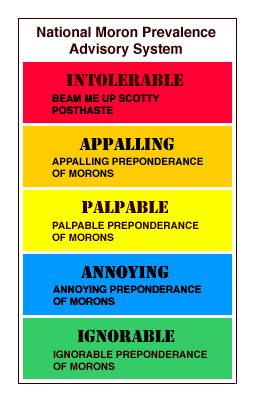
§
“If a nation expects to be ignorant and free, in a state of civilization, it expects what never was and never will be.” — Thomas Jefferson
“It is possible, of course, to keep educated people unfree in a state of civilization, but it's much easier to keep ignorant people unfree in a state of civilization. And it is easiest of all if you can convince the ignorant that they are educated, for you can thus make them collaborators in your disposition of their liberty and property. That is the institutionally assigned task, for all that it may be invisible to those who perform it, of American public education.” — Richard Mitchell, The Graves of Academe
“A tax supported, compulsory educational system is the complete model of the totalitarian state.” — Isabel Patterson, The God of the Machine

The False Principle of Our Education![]()
Max Stirner, author of The Ego and HIs Own, addresses the most important "social question" of his time in this essay first published serially in 1842. James J. Martin provides an admirable introduction for the readers of more recent times still caught up in the contrived dilemma of education theorists.
The Graves of Academe![]()
Editor of the Underground Grammarian, Richard Mitchell, traces the origins of illiteracy in America to the ascendance of educationism in the early part of the 20th century when education formally took a backseat to social engineering. Using excerpts from his splendid publication, Mitchell introduces the reader to the rather dreary world of the educationist — that species of academic whose unenviable career depends upon the promulgation of illiteracy not only in principle, but also by example. In the course of exploring that world the reader is shown how the social-adjustment goals of educationism are so completely at odds with the development of critical thinking powers literacy requires. By the end of the book it is no wonder at all why illiteracy is such an enormous problem.
The Committee of Ten: Main Report![]()
This is the main report of the Committee of Ten, according to Richard Mitchell in his book The Graves of Academe: The Seven Deadly Principles, “an...NEA task force that had been made up largely of scholars called together in 1892 and chaired by Charles W. Eliot, then president of Harvard University. That committee had come out in favor of traditional academic study in the public schools, which they fancied should be devoted to the pursuit of knowledge and the training of the intellect. But what can you expect from a bunch of intellectuals?”
Cardinal Principles Of Secondary Education![]()
The downfall and undoing of education in America can be said to have commenced upon the release and implementation of the Cardinal Principles here set forth and submitted for your disapproval. For a probing analysis of the manifesto formally announcing the transference of education from the cognitive to the affective domain, confer Richard Mitchell's The Graves of Academe, above (see, especially, Chapter 4, The Seven Deadly Principles).
Individualist Anarchism • Philosophical Egoism • Other Egoist Sites • More Anti-statism • Anarchism and Feminism • Anti-war Propaganda • Civilian-based Defense • Anarchism on the Web • Libertarianism on the Web • The "Austrian School" of Economics • The Loyal Opposition • The HIV=AIDS Controversy • Thoughts of School • Odd Bins • Search Engines • Home